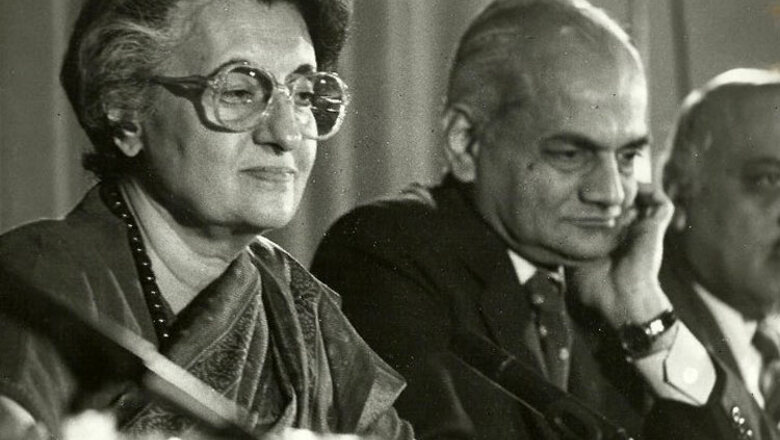
views
(Prime Minister Indira Gandhi imposed Emergency on June 25, 1975. Her decision had shocked the entire world. Civil liberties were suspended and lakhs of people were sent to jail across India. June 25, 2015 will be the 40th anniversary of those dark days in the Indian democracy. Technocrat Ravi Visvesvaraya Sharada Prasad shares his personal memories of the Emergency days in this three part series he has written exclusively for IBNLive. His father the legendary HY Sharada Prasad was the Information Advisor to Prime Minister Indira Gandhi till her death. He was one of the closest advisors to her and her son Rajiv Gandhi. Readers get a ringside view of what happened behind scenes before and during the Emergency)
Public attention has once again focussed on the Emergency proclaimed by Indira Gandhi in June 1975 due to the remarks made by the BJP patriarch Lal Krishna Advani. The much publicised book by senior journalist Coomi Kapoor on the Emergency, and the slew of television programs, has further piqued public interest about those turbulent times forty years ago.
I remember the run up to the Emergency well even though I was a young schoolboy. My late father, HY Sharada Prasad, had worked with Indira Gandhi as her Information Advisor from her very first day in office of the Prime Minister in January 1966. He had earlier worked closely with her on the exhibitions on Jawaharlal Nehru, and had also edited Nehru's extempore speeches for publication. Jayaprakash Narayan's closest aide, KS Radhakrishna, head of the Gandhi Peace Foundation, was my maternal uncle. JP stayed at Radhakrishna's house in Delhi. In fact, it was from Radhakrishna's house that JP was arrested after his speech at Ramlila Maidan.
The popular belief today is that it was the judgment of Justice Sinha of the Allahabad High Court which propelled Indira Gandhi to declare the Emergency to perpetuate her rule and that of her son Sanjay Gandhi. While this is largely true, Indira Gandhi had been feeling very insecure for a couple of years before that, apprehending various conspiracies to destabilise India, overthrow her government, and assassinate her and her family.
In my assessment, what really started Indira Gandhi's paranoia was the assassination of Salvador Allende of Chile in 1973. Fidel Castro broke his journey to Vietnam on the very day Allende was assassinated, and landed in Delhi to personally tell Indira Gandhi - "You are next". Michael Mackintosh Foot, Deputy Prime Minister of Britain, also flew to Delhi, against the wishes of the British Foreign Office and MI5/MI6, to warn her of threats to India and to her life. Leonid Brezhnev also sent her Soviet intelligence reports giving details of the US CIA intentions to overthrow her and install a puppet regime in India.
Indira Gandhi also suspected that the Ananda Marg and George Fernandes wanted to assassinate her. She was quite shaken by the death in a mysterious bomb blast of Lalit Narayan Mishra in January 1975, for which she suspected the Ananda Marg, and remarked that she would be next.
1973 onwards was a difficult time for India, economically and geo strategically, as well as for Indira Gandhi politically. The euphoria over the victory in the Bangladesh War had largely evaporated due to successive droughts and the OPEC oil price shocks which devastated the Indian economy. India was also the prime ground in the Cold War with both the CIA and the KGB actively trying to influence governmental policies.
There was widespread public discontent over perceptions of corruption, especially by Lalit Narayan Mishra and Tul Mohan Ram, and over numerous malpractices in Sanjay Gandhi's Maruti car project. PN Haksar, TA Pai and C Subramaniam asked Sanjay Gandhi to show them the detailed project report. Sanjay Gandhi retorted: "How can there be a project report before the factory has been built? These are all outdated methods of building a car." Pai and Subramaniam offered to bring in experienced senior automobile managers to run Sanjay's car project, but were rudely snubbed by him, saying that all these experienced people were obsolete. Indira Gandhi brought in Pranab Mukherjee to regularise the numerous irregularities in Maruti and to ensure that all its paperwork was in order.
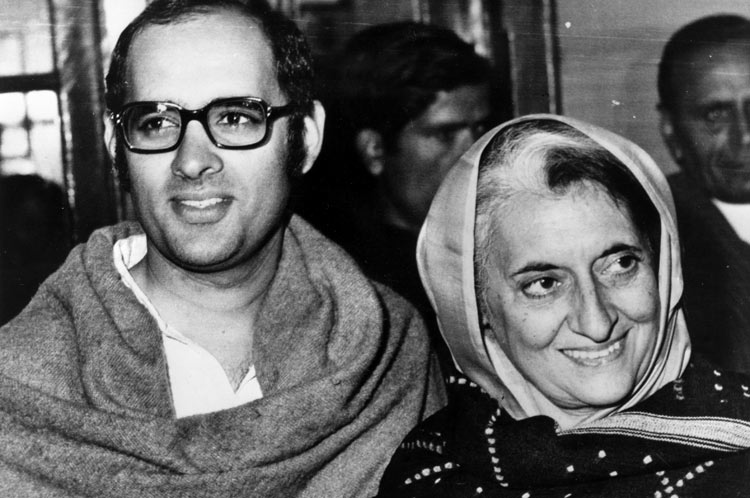
The period from early 1973 onwards was a trying time for my father. Although he never discussed his official work with my mother or me, maintaining absolute secrecy, we could feel the tension he was under. Many of Indira Gandhi's key advisors - PN Haksar, Gopalaswami Parthasarathi, my father, etc had been brought into government personally by Nehru, and were aghast at how his grandson and his daughter were subverting his ideals.
Several times my father offered Indira Gandhi his resignation, but she refused to accept it, saying that she could not let him go. My father told my mother, my brother and me to be ready for his resignation, and to be prepared to pull out of school and leave Delhi at a moment's notice.
PN Dhar, Gopalaswami Parthasarathi, and NK Seshan were under similar moral anguish and wanted to quit. They all went to PN Haksar, who told them not to resign under any circumstances, adding: "We must all stay within the system and fight further deterioration. If we are not there, there will be no one left to counter the influence of the people at her residence (ie Sanjay Gandhi, RK Dhawan, Bansi Lal, Om Mehta, and their cronies). We will all feel morally superior and assuage our consciences if we resign, but outside the system we will count for nothing, and there will be no one left to stem the rot".
Gopalaswami Parthasarathi, who had been a county cricketer in England, quoted the words which his close friend Hedley Verity had uttered during the Bodyline series: "Loyalty to the captain must prevail over qualms of conscience". But by loyalty to the captain, GP meant Nehru and not Indira Gandhi.
NK Seshan had been a highly trusted aide to Jawaharlal Nehru since 1943, and was one of the few persons who had the courage to scold Indira Gandhi whenever he disapproved of her actions. Sanjay Gandhi went out of his way to create numerous problems for Seshan. NK Seshan had seen Sanjay from the day of his birth and wanted to resign rather than be humiliated by someone whom he had dandled on his knee. But PN Haksar and PN Dhar told NK Seshan to stay put in the Prime Minister's House, no matter what the provocations and insults, because he was the only one who had the courage and the ability to keep Sanjay and his cohorts in check. Haksar told NK Seshan that he was the only person who could prevent the legacy of Jawaharlal Nehru from being destroyed by his grandson.

But Sanjay tormented NK Seshan. He was forced to move out of his government accommodation. Haksar was kicked upstairs to the Planning Commission and his relatives were roughed up. The excesses of Sanjay Gandhi and his associates during the Emergency would have been far worse but for the courageous actions of NK Seshan, for which he suffered considerable harassment. The nation owes a great debt of gratitude to NK Seshan who was the real hero of the Emergency.
The railway strike really shook up the officials in the Prime Minister's Secretariat. The nation was down to three days' supply of coal and steel, and all the power plants were in danger of shutting down since coal could not be transported to them. Indira Gandhi brutally suppressed the railwaymen's strike; the extent of the brutality shocked president VV Giri, for which he reprimanded the Prime Minister. The standoff between George Fernandes and Indira Gandhi convinced her that he was out to assassinate her.
The trigger to JP's movement was a revolt by university students in Gujarat protesting against bad food in hostels. This quickly snowballed into a massive popular agitation against the Chimanbhai Patel government, which was widely perceived to be corrupt. Morarji Desai went on a fast unto death demanding the dismissal of the Chimanbhai government, even though it enjoyed a huge majority in the legislature. As Morarji's condition deteriorated and he neared death, Indira Gandhi knew she would have to accept a humiliating defeat. Abjectly caving in, she ordered the dissolution of the Gujarat Assembly and fresh elections. One fasting politician had brought down a powerful government. Scenting blood, JP went on the offensive in Bihar, calling for the ouster of Indira Gandhi.
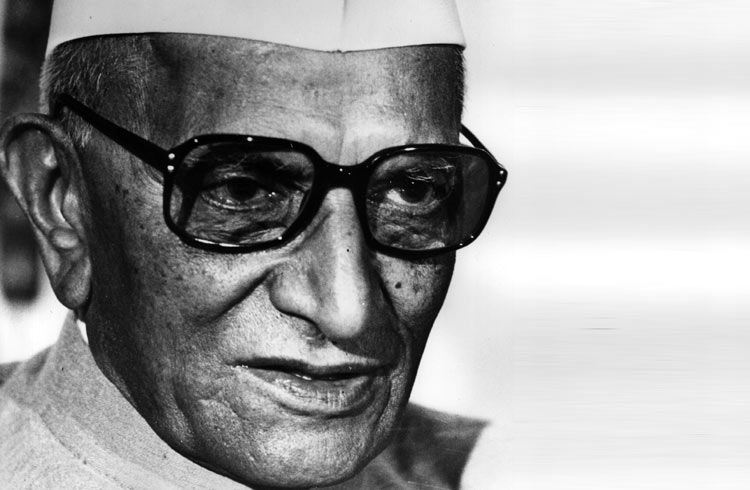
PN Dhar and my father were of the opinion that one of the major triggers of the emergency was that governments really did not know how to deal with Satyagraha except by repression.
Many decades later, my late father wrote about the run up to the Emergency, which he dubbed 'Indira Gandhi's Coup Against the Prime Minister' (in a review of Bishan Narayan Tandon's book in Realpolitik magazine, issue of March 2006):
Indira Gandhi's Coup Against the Prime Minister
Written by HY Sharada Prasad on Monday, February 20, 2006
Published in Realpolitik Magazine, March 2006 issue
"....I shared, and still share, the pain he (Bishan Narayan Tandon) felt at the series of missed chances that culminated in the Emergency, and the battering that was dealt to the concept of Rule of Law.
But even today I maintain that the mistakes were not unilateral. The opposition parties cannot be exculpated from their share of blame. The trouble is with the unresolved issue of the place of Satyagraha in a parliamentary democracy. All governments, whether colonial or autonomous, react the same way when their existence or legitimacy is questioned. The British arrested Gandhi and Nehru, and Nehru's daughter in turn arrested a person identified with Gandhi and Nehru.
Second, we have to examine the appropriateness of the judgment of JML Sinha. Would it be right to say that Indira Gandhi's election was a result of corrupt practices, just because her election agent, Yashpal Kapoor, had not resigned from the government in time? Did it so materially alter Indira Gandhi's electoral chances? Could she not have won at all on her own? It is this which foreign observers could see when they said that Indira Gandhi's unseating was for an offence comparable to a parking violation.
Events moved fast. Emergency was declared. It can perhaps be described as 'Indira Gandhi's Coup Against Her Own Prime Ministership!' Her Secretariat, the Home Ministry, the Cabinet, and indeed her government as a whole, were deprived of their effective power, and the Prime Minister herself was made a prisoner of the 'Palace Guard'.
Tandon's diaries throw light on the chain reaction of misjudgement. Yet it comes as a surprise how little this man knew who knew so much. Who drew up the lists of those who were to be arrested? Who communicated these orders? The Cabinet Secretary, the Home Secretary, the Prime Minister's Principal Secretary, and the Joint Secretary looking after Political Affairs in her office (Tandon himself) were all kept in the dark.
The one substantial gain from the Emergency is that Indira Gandhi has ensured that it cannot be imposed again. But I am not sure that the defences against this happening have been built up in the last twenty-five years. It sometimes strikes me that one reason why the electorate, in the post-Rajiv Gandhi era, will not give a clear majority to any one party, and prefers coalition governments, is precisely to avoid such a contingency…."
(The second part of this three part series will be published on June 24)
(Ravi Visvesvaraya Sharada Prasad, an alumnus of Carnegie Mellon University and Indian Institute of Technology, Kanpur, is a consultant in telecommunications and information technology. He has four masters degrees in engineering and science)













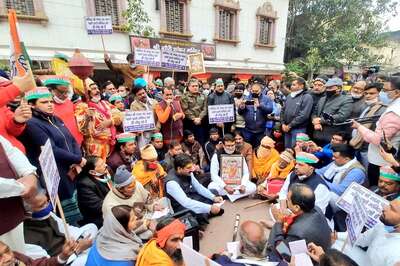
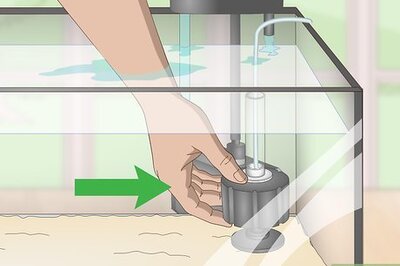
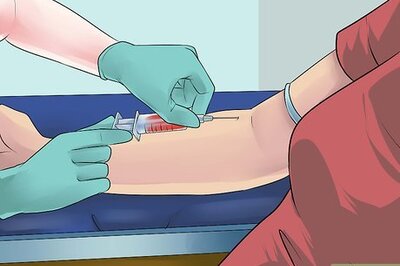

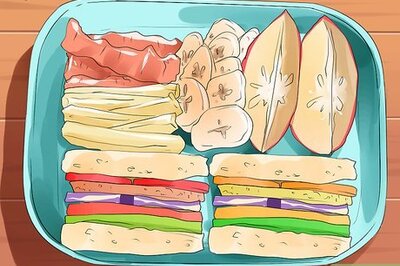
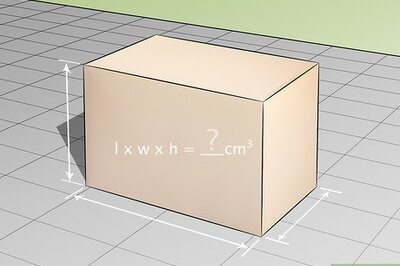

Comments
0 comment